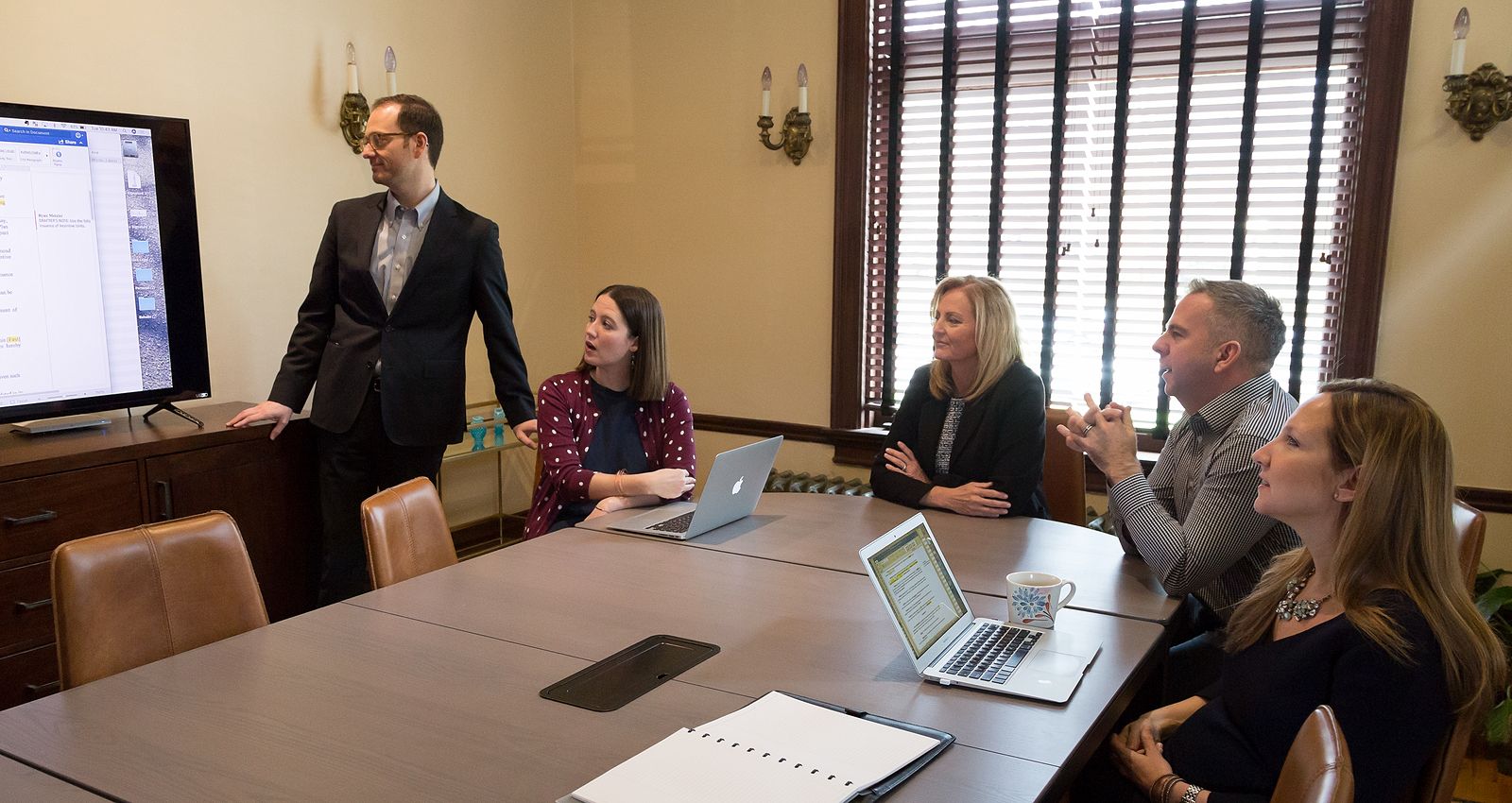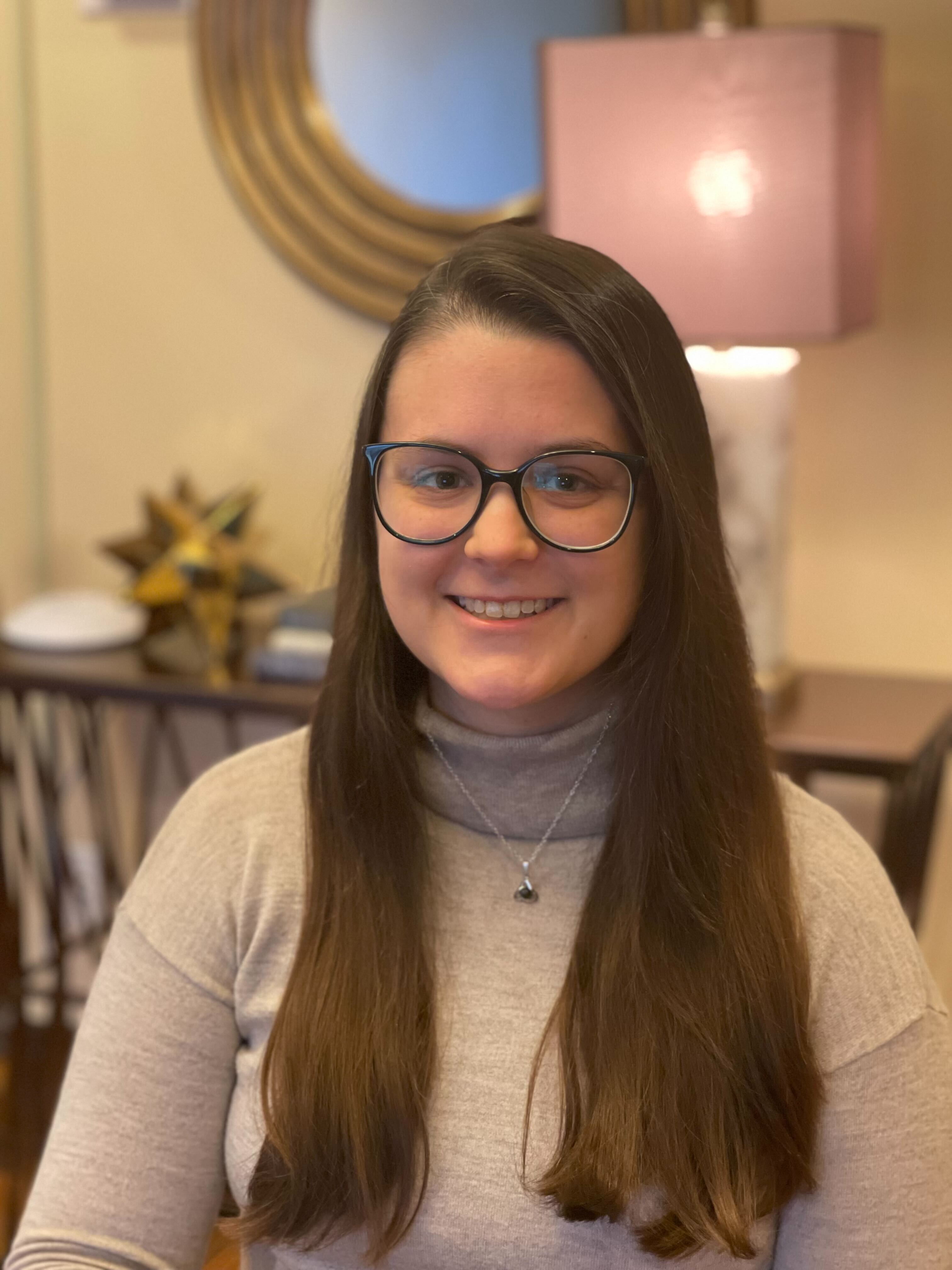If you have a bank account to secure your money, but walk around with wads of cash in your pockets and then get mugged, did you protect yourself? Of course not. Having a structure in place, but not having it funded, is essentially pointless.
You could have the most eloquent and legally-sound trust of all time, drafted by none other than Abraham Lincoln or Atticus Finch (trying to think of reputable, esteemed lawyers, for the sake of this illustration), but if your assets aren’t owned by that trust, or payable to it at your death, then in a way, you have paid for very little.
We go into great detail about this during your first two meetings in person (see previous blog posts Part 1 and Part 2 ), but a quick explanation is appropriate here.
The fundamental benefits of a trust derive from one simple facet of the trust: it owns your stuff, not you. A trust is a separate legal entity – a container, if you will. It owns your property and is controlled by you while you are alive and able. Then, when you pass away, the trust’s instructions for how your family members receive the property dictate their access to and enjoyment of the assets for the rest of their lives, and you put someone in charge who you know will be competent and fair and willing to do this for you.
It’s accepted wisdom that probate should be avoided if at all possible, because it is time-consuming and expensive. Fewer people know that living trusts can help you avoid probate at your death. And fewer people still now why this is. The answer lies in the mission of probate. Probate is (in part) the legal system for transferring a deceased person’s assets to their living heirs. If you own something in your own name at your death, with no named beneficiaries, that item must pass through probate. A living trust can help avoid this, because if you transfer ownership of your assets to your trust while you’re alive, and then you die, you don’t own them, your trust does! Therefore, they don’t have to pass to your family through the probate system. The trust itself contains a detailed set of instructions for how that property passes to them.
Similarly, trusts rectify a problem created if you are disabled and can’t manage your money. Your spouse can’t just take control over your personal assets if you’re in a coma. Not just because you are married. You need other documentation to effectuate this. If your stuff is owned by your trust, your spouse, or next trustee in line, can manage your assets, because they’re in the trust! Then, when your spouse goes into the bank or financial institution where your trust assets are held, the process for getting access to those assets is often simplified and far more efficient, because your spouse has access to them as trustee of your trust. In some cases, based on a specific financial company’s internal policies, your spouse may have no access to your assets while you’re incapacitated, and having a trust could be the only way they can practically get to them. In instances like this, the cost of setting up the trust almost pays for itself, because it allows your spouse to NOT have to hire another attorney to go to court and petition them to get access to your funds. A little bit of prep while you’re alive and well goes a long way to make things easier for your family if you become disabled later.
Both of these benefits of trusts hinge on one key fact: your assets must actually be transferred to the trust for it to work. As I said earlier, if you have the best trust in the world, but none of your items owned by it, we are right back at square one, and your family is right back in the attorney’s office, paying them to handle what could have been handled when you first hired them. That’s not the Stock Legal method.
Next week, we’ll go into detail on what we do at Stock Legal, to help rectify this problem.
*The choice of a lawyer is an important decision, and should not be based solely on advertisements.*






